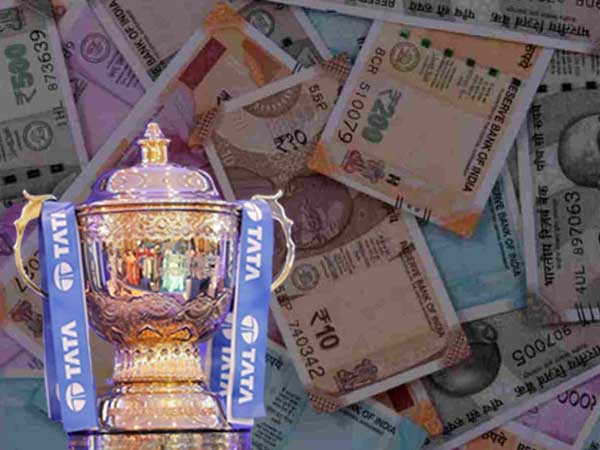IPL Betting Surge Puts Indian UPI System and Banks Under Tremendous Strain

IPL Betting Surge Puts Indian UPI System and Banks Under Tremendous Strain
The Indian Premier League (IPL) is not just a sporting spectacle—it’s also become a hotbed of high-stakes betting, both legal and illegal, putting unprecedented pressure on the country’s digital payment infrastructure. According to an Economic Times report, over ₹8.3 lakh crore (approximately $100 billion) in illegal betting takes place during every IPL season in India, largely driven by foreign online platforms using cryptocurrency and mule accounts to operate covertly.
UPI Feels the Heat as Transaction Volume Soars
India’s Unified Payments Interface (UPI), the world’s largest real-time payment system handling over $3 trillion (₹250 lakh crore) annually, is experiencing surging transaction volumes during the IPL season. This intense activity is causing a rise in server loads and transaction failure rates. The National Payments Corporation of India (NPCI) publishes monthly failure rate reports, helping consumers evaluate which banks offer the most reliable services during high-traffic periods.
Legal Fantasy Sports Also See Spike in Activity
While illegal betting dominates the underground market, legitimate fantasy sports platforms like Dream11 and prediction markets like Probo are rapidly gaining popularity. These platforms, which allow users to place bets on match outcomes using real money, depend on instantaneous and secure UPI-based transfers—placing further demands on banking infrastructure.
RBI Tightens Oversight Amid Digital Surge
In response to growing concerns, the Reserve Bank of India (RBI) has adopted a stricter stance on the digital performance and cybersecurity readiness of banks. Many financial institutions are now leveraging artificial intelligence (AI) and big data analytics to prevent failures. Bengaluru-based startup VuNet Systems, for example, monitors over a billion transactions daily, processing 50 terabytes of data to identify issues in real-time and ensure seamless service continuity.
Banks Face Operational and Revenue Challenges
The rapid pace of digital transactions—whether for purchasing a TV on EMI or placing a bet during a live IPL match—triggers hundreds of backend API interactions. Yet, banks earn minimal revenue from UPI transactions compared to credit or debit card usage. Despite this, they are compelled to invest heavily in infrastructure to prevent fraud, money laundering, and service outages, which have become increasingly frequent during the IPL season.
Conclusion: IPL Season Tests the Digital Backbone
As IPL 2025 heads toward its grand finale on May 25, the spotlight isn’t only on the players on the field but also on the digital infrastructure behind the scenes. With billions flowing through the system in seconds, any delay or failure could mean a lost bet—or a lost customer. Banks, regulators, and tech firms must now work in tandem to ensure that India’s digital payment network can withstand the high-stakes, high-volume demands of the IPL betting ecosystem.












